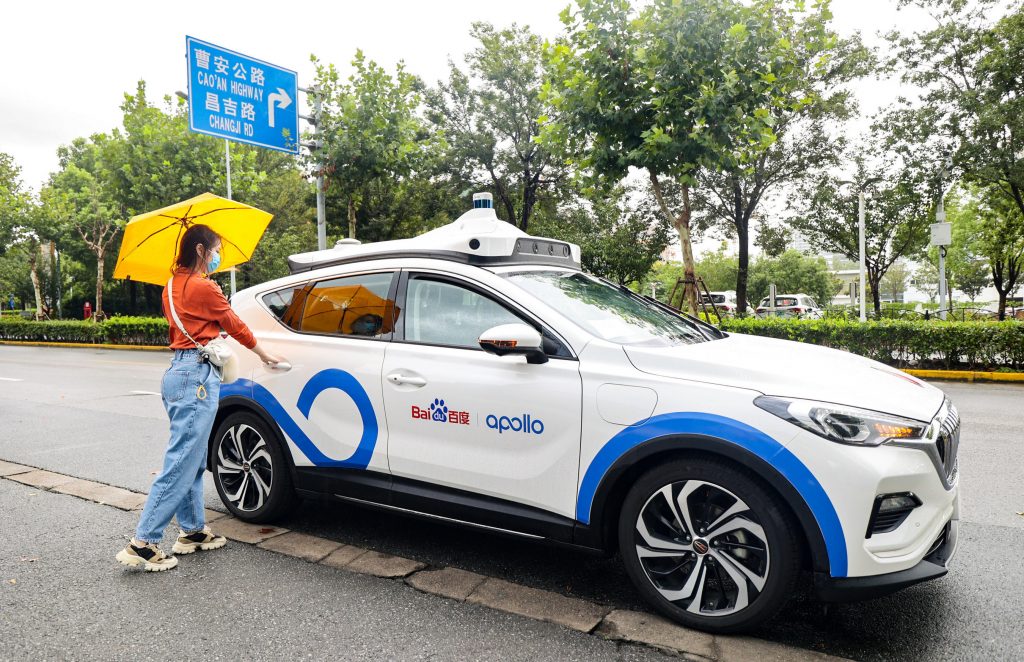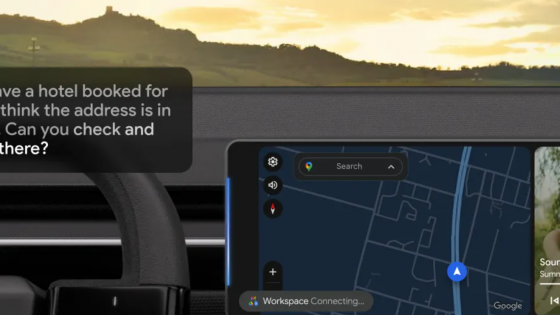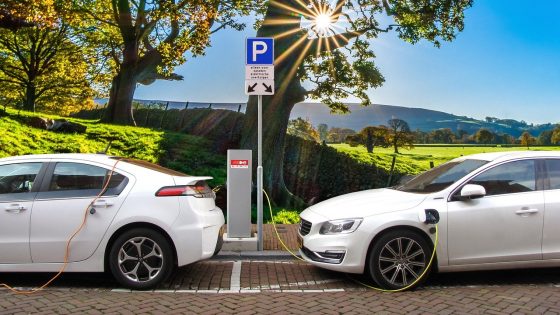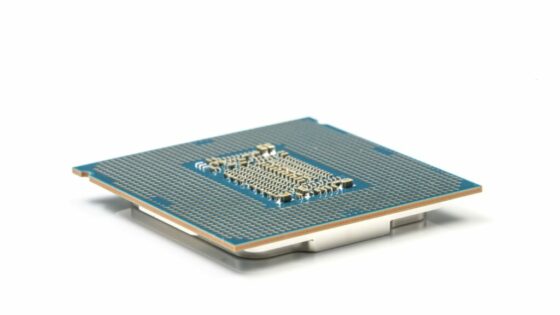Lyft's autonomous taxi could pick us up in Germany next year

Lyft has joined forces with Chinese tech giant Baidu to launch a “robot taxi” project in Europe. The San Francisco-based ride-hailing company will begin offering Baidu’s sixth-generation Apollo Go self-driving robotaxi in Europe next year, the company said in a press release on Monday.
Lyft is expected to bring thousands of Baidu vehicles to Europe over the next few years. The first two locations on the list are the UK and Germany, which are expected to offer special transportation services as early as 2026, according to the latest forecasts. Of course, by then all regulatory approvals need to be obtained, which usually means a somewhat longer process.
“By integrating Baidu's autonomous driving technology and Lyft's platform, reach, and team expertise, we are excited to offer people greener, safer, and more efficient mobility.", he stated Robin Lee, CEO and co-founder of Baidu. Lyft CEO David Fisher He added that this partnership will bring many of the benefits of autonomous driving, such as safety, reliability and privacy, to millions of Europeans.
Baidu first launched its electric autonomous vehicles, the Apollo Go, in 2020. According to its website, Apollo Go offers autonomous transportation services in 11 Chinese cities. Earlier this year, Apollo Go announced that it would expand its taxis to Dubai and Abu Dhabi in 2026.
According to data from the Global Times portal from July 2024, a 10-kilometer ride in an Apollo Go vehicle in Wuhan costs between 4 and 16 Chinese yuan, or from 0.48 to 1.91 euros.
On July 31st of this year, Lyft announced the acquisition of Freenow, a ride-hailing service operating in nine European countries, with the aim of expanding into the European market.
The news of the Baidu-Lyft partnership comes as the race for robo-taxi in the U.S. heats up, with Elon Musk's Tesla and Alphabet's Waymo vying for dominance in the U.S. robo-taxi market.
Musk wrote on X on July 31 that passengers can already order a Tesla in the San Francisco and Austin areas.
A July report by HSBC analysts, however, suggests that it could take years before driverless taxis become profitable and that the market was “severely overvalued.”




























